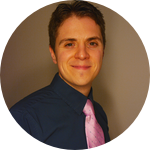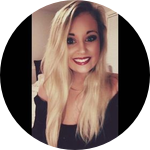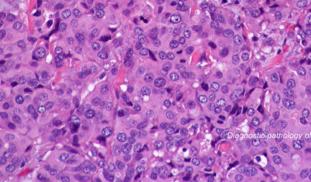Please wait...
About This Project
Scientific meetings are a critical part of training young scientists, but attending meetings can be financially difficult for many. Help train the next generation of scientists working to cure breast cancer, prostate cancer, and other hormone-driven cancers by supporting their attendance at the Gordon Research Seminar "Hormone-Dependent Cancers".

Browse Other Projects on Experiment
Related Projects
Zap-pore: DIY Electroporation for Global Biotech Accessibility and for plant genetic engineering
Zap-pore is a low-cost (10$), open-source DIY tool for electroporation, using everyday tools and common...
Exploring African biodiversity with an open-source educational program in Plant Synthetic Biology
Much of Africa's plants have not been studied. As a non-profit, SynBio4ALL aims to study plant biodiversity...
Empowering high school students in genome sequencing and bioinformatics
This project transforms HS science education by integrating real-time DNA barcoding and bioinformatics into...



